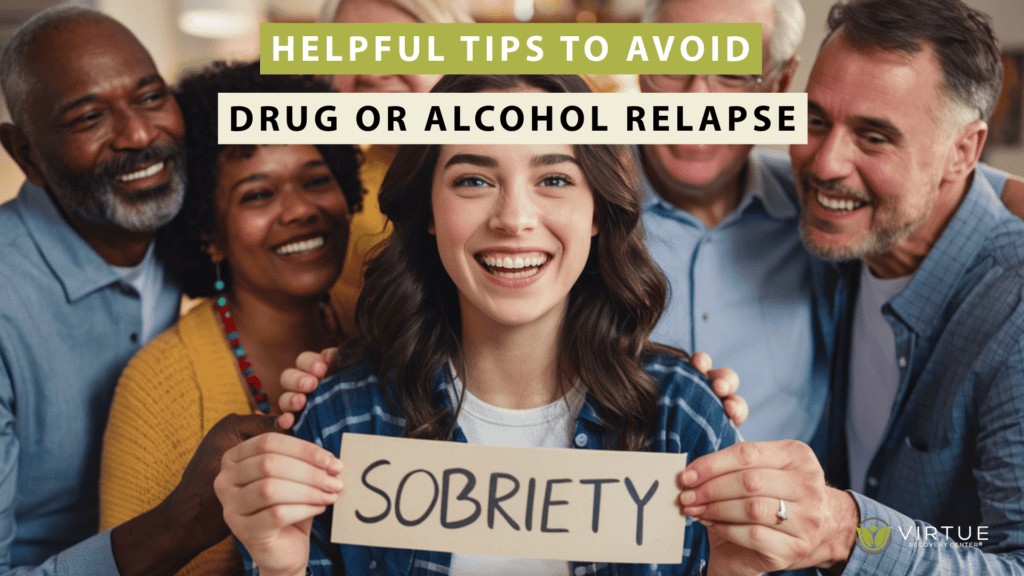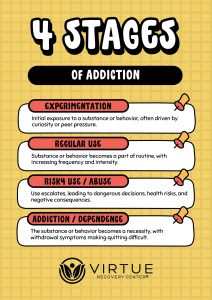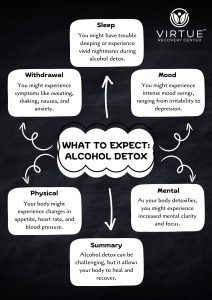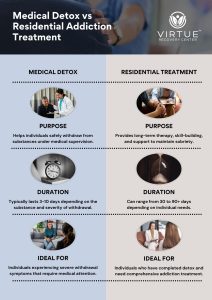Strategies for Preventing Drug Relapse and Alcohol Relapse
Substance use disorder is a prevalent issue that arises during the process of overcoming drug abuse and drug and alcohol addiction. It is crucial to know that one does not have to fail when they have a relapse; it is a part of the process. Thus, by identifying the possible triggers and using the right strategies, people can enhance their motivation to remain sober and minimize the chances of relapse. Here are some helpful tips to avoid drug or alcohol relapse: Here are some helpful tips to avoid drug or alcohol relapse:
1. Identify and Avoid Triggers
It is important to identify the factors that make you want to use drugs, misuse drugs, or consume alcohol, as this is the relapse factor. Triggers can be:
- Environmental: Certain places, events, or situations.
- Social: Specific people or groups who encourage substance use.
- Emotional: Stress, anxiety, depression, or other negative emotions.
By identifying these triggers, you can develop strategies to avoid or cope with them effectively.
2. Develop a Strong Support Network
Having people around you who will encourage you can help a lot in the recovery process. This network can include:
- Family and Friends: Loved ones who understand your struggles and support your sobriety.
- Counselors and Therapists: Professionals who can offer guidance and coping strategies.
- Support Groups: Organizations like Narcotics Anonymous or Alcoholics Anonymous provide a sense of community and shared experience. These mutual-support groups are crucial in helping individuals stop or reduce drinking alcohol by offering essential peer support.
Additionally, the Substance Abuse and Mental Health Services Administration (SAMHSA) is a valuable resource for finding support groups and mental health services.
3. Engage in Regular Physical Activity
Exercise can be a powerful tool in maintaining sobriety. Physical activity helps reduce stress, improve mood, and increase overall well-being. Consider activities like:
- Walking or jogging
- Team sports or group fitness classes
- Yoga or meditation
4. Establish a Routine
A structured daily routine can provide stability and reduce the chances of encountering triggers. Include activities that promote well-being, such as:
- Healthy meals
- Scheduled time for hobbies and relaxation
- Regular sleep patterns
5. Practice Mindfulness and Stress Management
It is important to learn how to cope with stress and mental disorders so that one does not fall back into the same pattern. Some ways to practice mindfulness include these, which can assist you in focusing on the present moment and decrease anxiety. These can include:
- Meditation
- Journaling
- Deep breathing exercises
6. Set Realistic Goals
Having realistic goals helps you have something to strive for and can help keep you going. These goals should be:
- Specific: Clearly define what you want to achieve.
- Attainable: Ensure your goals are realistic.
- Measurable: Track your progress.
- Time-bound: Set a timeline for achieving your goals.
- Relevant: Focus on what’s important for your recovery.
7. Avoid High-Risk Situations
Avoid places or situations that may make you want to abuse substances. This might mean:
- Not attending parties where alcohol, other drugs, or illegal drugs are present.
- Avoiding certain social circles.
- Finding new activities that don’t involve substance use.
8. Continue Therapy and Counseling
After the first course of treatment, it is possible to continue the therapy to maintain the results. This can include:
- Individual Therapy: Personalized support to address specific issues.
- Group Therapy: Shared experiences and support from peers.
- Family Therapy: Involving family members to improve communication and support.
The availability of integrated mental health services means that people get all the necessary help they need to maintain their mental health. Preventive and addiction treatment systems for substance abuse and mental disorders are essential for the establishment of effective programs.
9. Create an Emergency Plan
Have a plan in place for moments when you feel tempted to relapse. This might include:
- Contacting a trustworthy friend or sponsor.
- Engaging in an activity that is distracting.
- Visualizing the reasons for choosing sobriety.
Cravings and physical discomforts are some of the withdrawal symptoms that make it difficult to adhere to the plan, which is why having a plan is important.
Are the Tips for Avoiding Relapse Also Effective in an Intervention Setting?
The secrets to successful drug alcohol intervention involve careful planning, open communication, and the support of a professional interventionist. By utilizing these tips, individuals can effectively avoid relapse in an intervention setting. With a focus on empathy and understanding, the chances of a successful intervention are greatly increased.
10. Celebrate Milestones
Recognize and celebrate your achievements, no matter how small. Celebrating milestones can boost your confidence and reinforce your commitment to recovery.
Conclusion
To avoid drug addiction and alcohol relapse, one has to be very careful, committed, and have the right plan. Thus, minimizing the chances of relapse, continuing the recovery process, and forming a healthy lifestyle is possible. It is important to understand the effects of alcohol consumption and the need to address drug abuse, particularly among young people. Recovery is a process, and asking for assistance at some point is normal.
Treatment and Support
Virtue Recovery Las Vegas offers comprehensive drug rehab treatment programs designed to help individuals overcome drug or alcohol addiction. Our programs provide the necessary support to manage both IBS and alcohol use issues effectively.
FAQ
What are common triggers for relapse?
- Common triggers include environmental factors (places, events), emotional states (stress, anxiety), and social influences (certain people or groups).
How can exercise help in preventing relapse?
- Regular physical activity can reduce stress, improve mood, and enhance overall well-being, making it easier to maintain sobriety.
Why is having a support network important?
- A strong support network provides encouragement, accountability, and shared experiences, which are crucial for sustained recovery.
What should I do if I feel tempted to relapse?
- Contact a trusted friend or sponsor, engage in a distracting activity, and revisit your reasons for choosing sobriety. Having an emergency plan in place is also helpful.
How can setting goals help maintain sobriety?
- Setting specific, measurable, attainable, relevant, and time-bound (SMART) goals keeps you focused and motivated and provides clear milestones to work towards in your recovery journey.
Citations
VA Whole Health Library: “Reducing Relapse Risk:”
https://www.va.gov/
Alcohol.org: “Alcoholism Relapse Prevention Tools”
https://alcohol.org/relapse-prevention/
NCBI: “Relapse Prevention”
https://www.ncbi.nlm.nih.gov/books/NBK551500/













